Global banks take crisis measures as virus death toll surges
After the COVID-19 pandemic began in China, Europe has emerged as the biggest flashpoint and the death toll on the continent surged over the weekend.
The US Federal Reserve and other central banks unveiled emergency measures to prop up the coronavirus-battered global economy, as the three worst-hit European countries recorded their deadliest days of the pandemic.
The virus has upended society around the planet, with governments imposing restrictions rarely seen outside war-time, including the closing of borders, home quarantine orders and the scrapping of public events.
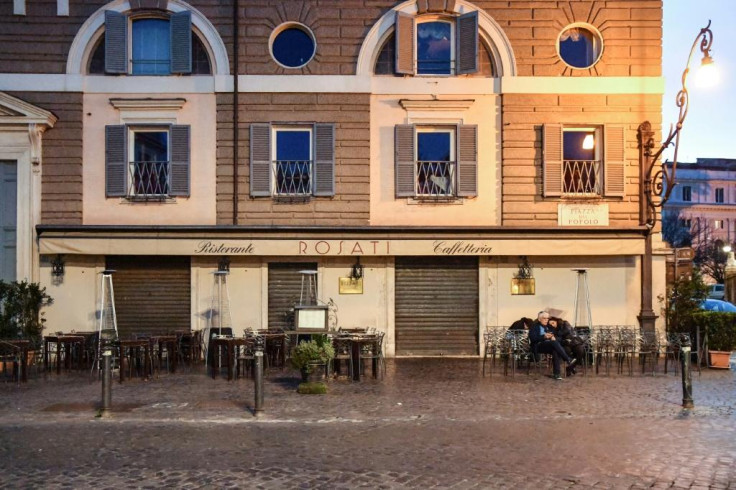
After the COVID-19 pandemic began in China late last year, Europe has in recent weeks emerged as the biggest flashpoint and the death toll on the continent surged over the weekend.
Italy on Sunday announced 368 deaths over the previous 24 hours, the worst single-day toll for any country of the crisis and far exceeding the deadliest day in China recorded in February.
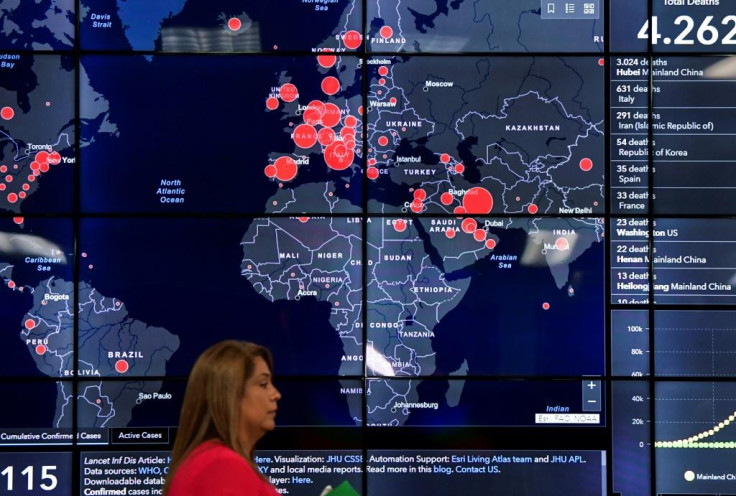
Spain and France registered 183 and 29 new deaths respectively on Sunday, also their worst one-day tolls.
Globally, there have been more than 6,400 confirmed deaths from the virus.
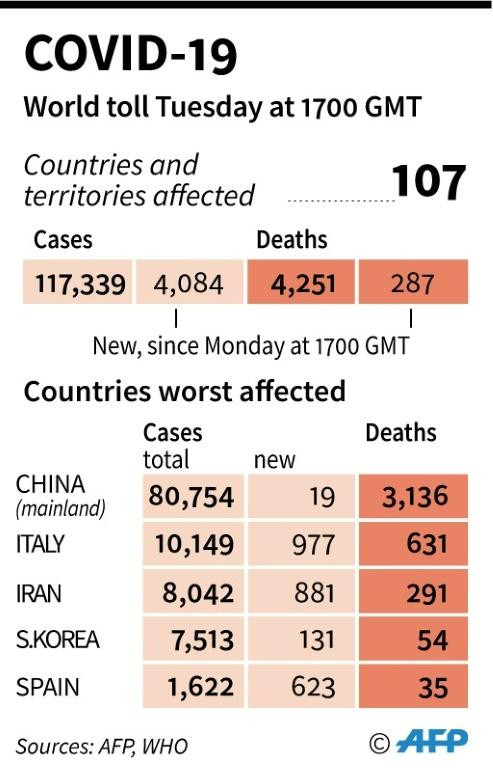
the virus infecting nearly every sector of the global economy, concerns are growing the world will be catapulted into a damaging recession, leading to stock markets enduring horror losses and wild swings.
The US Fed attempted to stem the panic with drastic measures announced before Asian markets opened on Monday, slashing its key interest rate to virtually zero in its second emergency rate cut in less than two weeks.

"What's happened with the Fed is phenomenal news," US President Donald Trump said Sunday at a regular briefing of his coronavirus task force. "I can tell you, I'm very happy."
But markets were less euphoric, the futures markets on the Dow Jones Index predicting another sharp move downwards and Asian stocks starting the day on the back foot.
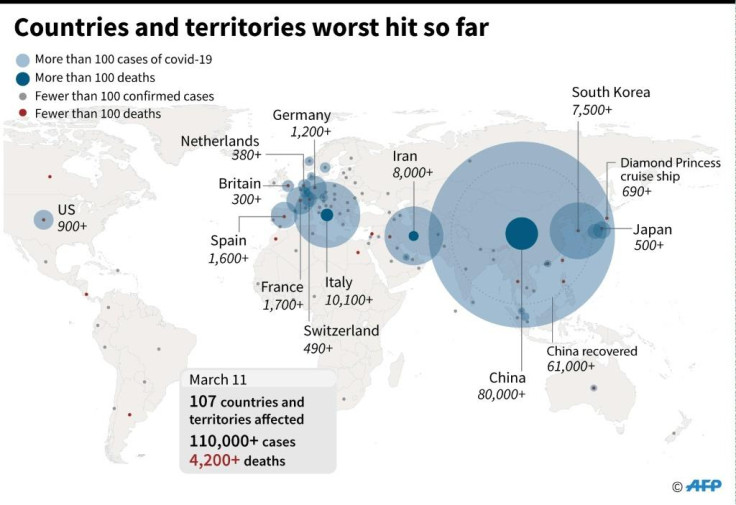
"The good news is that the targeted fiscal response will become more aggressive. The bad news is that all the world's major economies will continue to effectively lock down any normalcy of economic activity for weeks if not months," said AxiCorp's Stephen Innes.
China on Monday provided more evidence of COVID-19's dire economic impacts, announcing factory output had contracted for the first time in nearly 30 years.
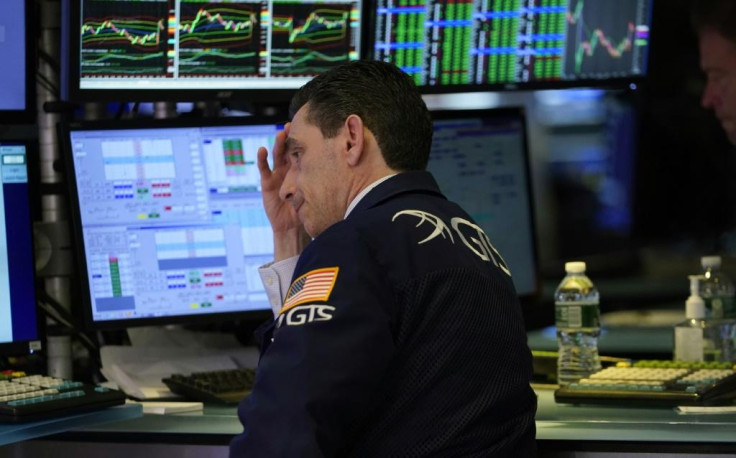
Industrial production shrank 13.5 percent in January and February, the government said, which was when China was enduring its most severe travel curbs and quarantine orders to contain the virus.

Normal life is at a standstill in much of western Europe, with France ordering all non-essential businesses closed and Spain banning people from leaving home except to go to work, get medical care or buy food.
Despite Trump's insistence there is enough food to last through the pandemic, panic-buying has been seen around the world as people stock up on essentials fearing a lengthy period of enforced quarantine.
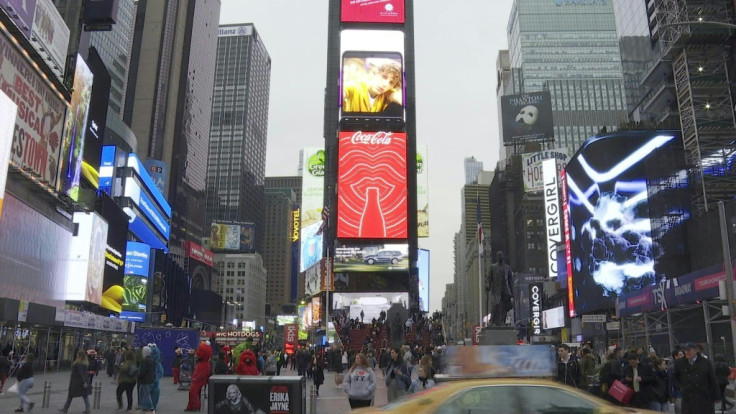
Larry Grossman, manager at a Manhattan supermarket, said he had never seen anything like it in 40 years.
"I have been through Hurricane Sandy... through 9/11, I have never seen shopping like this," he told AFP, as he restocked the store's empty shelves.
New York's mayor has ordered schools, bars and restaurants in the Big Apple to shut but is allowing take-out food.
In the Netherlands, cannabis smokers aiming to keep calm and carry on queued up outside Dutch "coffee shops" on Sunday after the government ordered their closure to beat the outbreak.
"For maybe for the next two months we're not able to get some weed so it should be nice to at least have some in the house," said Jonathan outside a "coffee shop" in The Hague.
There was pandemonium at several airports as travellers scrambled to get home with countries increasingly slamming shut their borders to prevent the virus spreading.
In the US, passengers complained of massive queues as staff battled with new entry rules and stipulations on medical screening, leading some to worry they were exposing themselves to the virus in the crowds.
Joanna, a British student in Cyprus, said she was scrambling to get home, fearful of further restrictions on movement.
"I think if I stayed here and if it was a lockdown, I think I would be really upset, the fact that I could not go home and see my family," she told AFP.
There were continuing signs of improvement in China, with only four new cases recorded in Wuhan -- where the virus was first detected in December -- although imported cases rose.
And there have been heartwarming scenes around the world as people attempt to lift spirits.
Images of Italians singing from their balconies have also gone viral and the choir of Stockholm's Katarina church decided to livestream their performances online.
"People need something to cling on to, I think, and something to listen to," said chorister Birgitta.
Copyright AFP. All rights reserved.
This article is copyrighted by International Business Times, the business news leader




















